Worthy to be Remembered: From History to Art
Online event on Friday, November 28, 2025
On Friday, 28 November 2025, we invite you to the online event of the “Worthy to be Remembered” programme, dedicated to memory, history, and art. The event takes place on the occasion of the anniversary of 30 November 30, 1943, the day when collaborators of the Occupation forces blockaded hospitals in Athens, targeting disabled war veterans who had participated in the National Resistance.
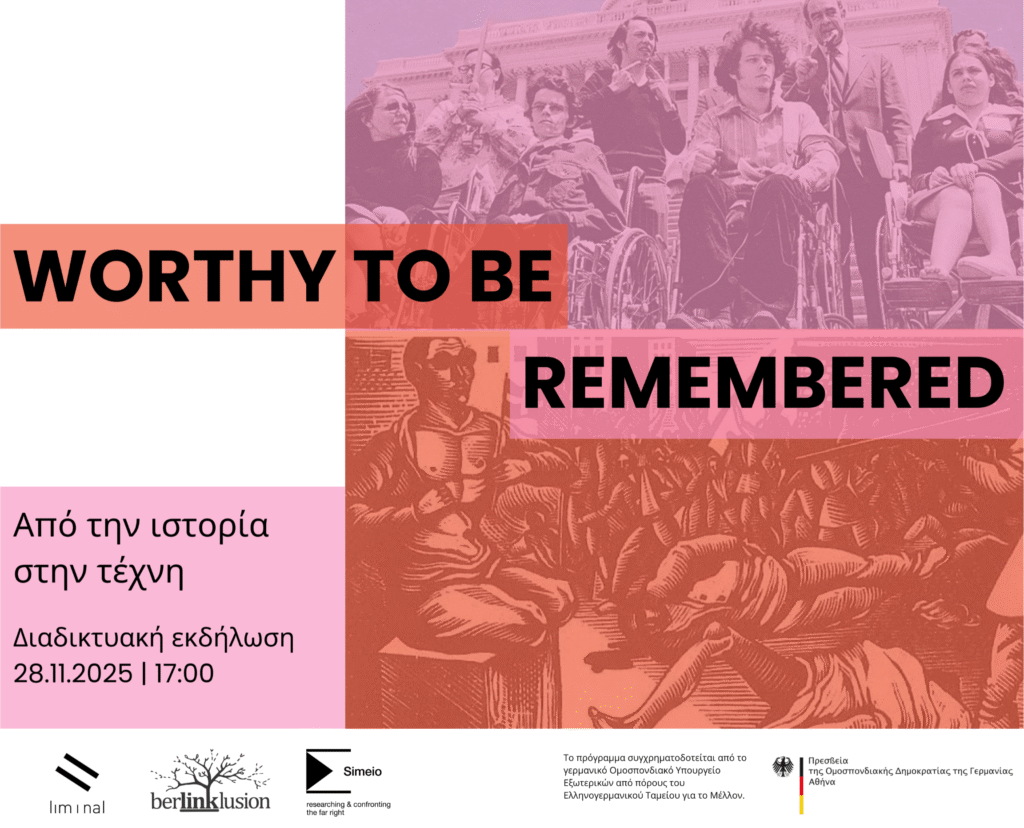
Four disabled artists from Greece and Germany will share their creative journeys, inviting us to explore how art can become a medium for remembrance, recognition, and critical reflection on this little known part of history.
This event is part of the cross-disciplinary art project “Worthy to be Remembered: From History to Art,” which explores the hidden histories of disabled individuals who played key roles in the Greek Resistance and suffered persecution under the Nazi regime. Through artistic practice, the project seeks to honor and reimagine these overlooked narratives.
About Worthy to be Remembered
The project “Worthy to be Remembered: Artistic Reflections on Memory and History” is a joint initiative by liminal and Berlinklusion, based on the historical findings of the earlier project “Worthy to be Remembered: Honouring Disabled Victims of Nazi Persecution in Greece and Germany”, funded by the Greek-German Fund for the Future.
Through an online mini-residency, the artists engaged with the historical research of Dr. Iasonas Chandrinos and participated in workshops and mentorship sessions organized by liminal, Berlinklusion, and Simeio: Researching & Confronting the Far Right. These sessions explored topics such as accessibility in the arts, research as artistic practice, and an introduction to ableist theory and far-right ideology serving as a starting point for the artists to expand their thinking.
In what ways can difficult histories and remembering resistance be translated into artistic expression?
From history to art
Drawing on this historical material and theoretical framework, the artists then transformed their research into new works of art.
During the event, four disabled artists/groups, Vicky Dimitropoulou, Eva Lampara, RC Taube & Kit Blamire, and Almitra Pyritidis, will discuss their creative processes, share insights from their current artistic work, and explore how art can transform difficult heritage into acts of remembrance and social awareness.
Through their perspectives, the discussion will illuminate how artistic practice bridges past and present, revealing the continuities between historical injustices and contemporary forms of ableism and exclusion.
The event will be held in English, with simultaneous interpretation in Greek and German Sign Language.
➡️ The discussion will be moderated by Dr. Kate Brehme (Berlinklusion) and Marilena Koukouli (liminal).
Participating artists
Vicky Dimitropoulou
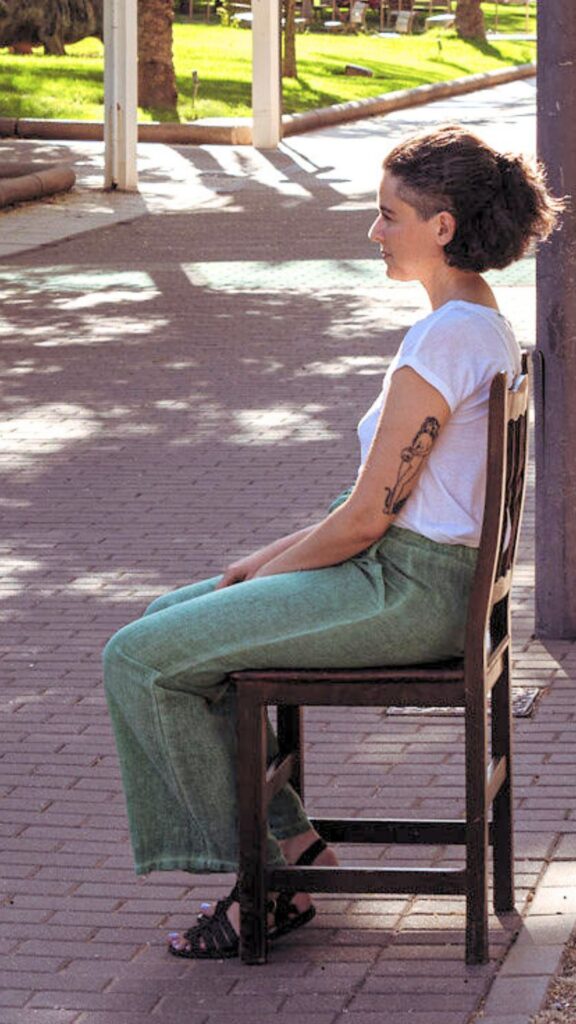
A deaf/Hard of Hearing performer and cultural manager based in Greece and Spain. Her work combines storytelling, performance, and social research, with a focus on the social issues faced by the communities she collaborates with.
Eva Lampara
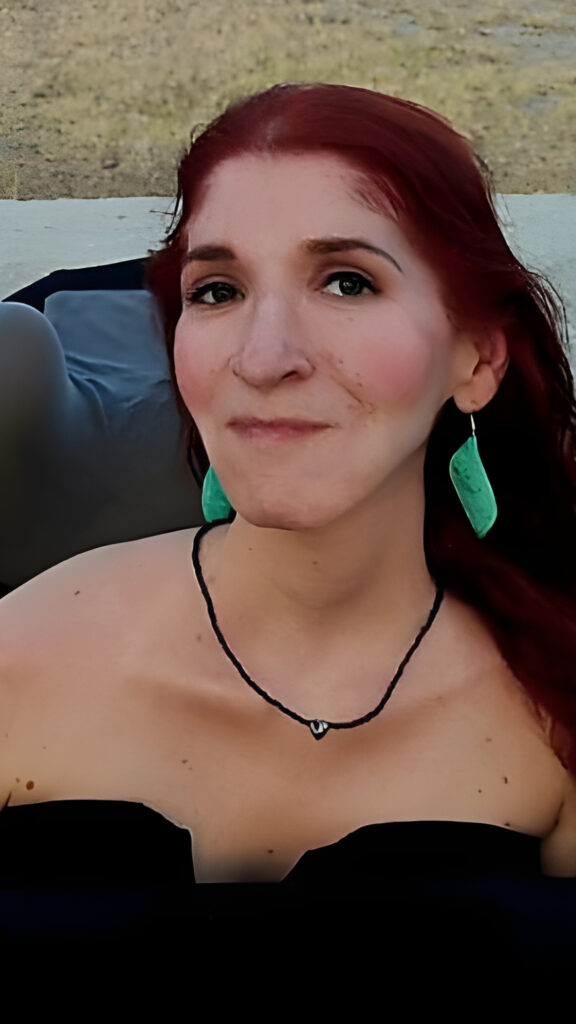
A visual artist, performer and graphic designer based in Athens. She paints with her mouth and uses the stillness of the body as a means of expression, redefining notions of identity and diversity. Her work challenges social stereotypes and advocates for a more inclusive understanding of disability.
RC Taube & Kit Blamire
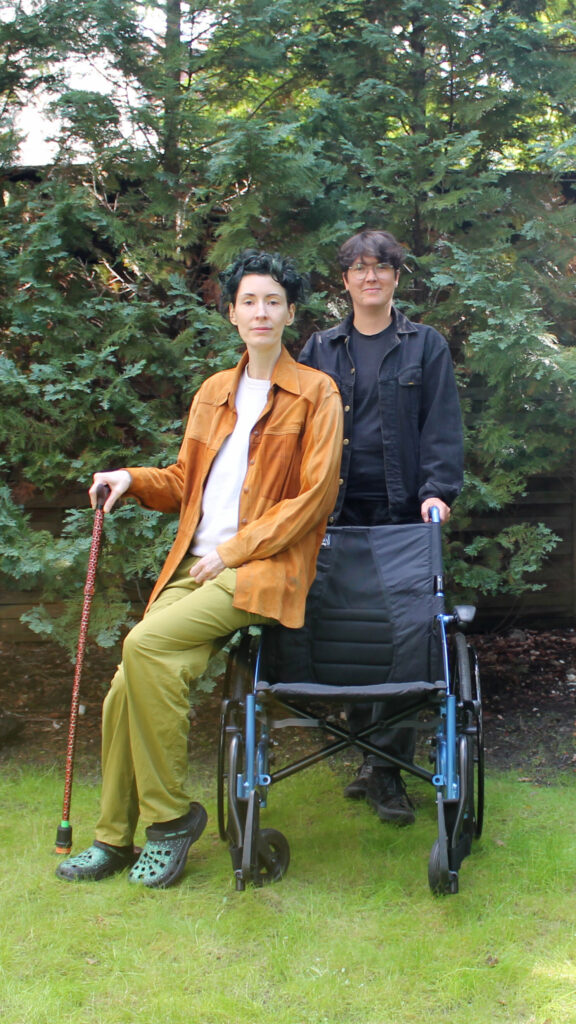
RC Taube is a queer disabled artist based in Berlin. Their recent work engages with language, sound, and clay as primary media. Kit Blamire is a queer disabled filmmaker, writer and riso printmaker whose work focuses on sickness as anti-capitalism and on documenting pandemic grief. They seek to explore how fascist ideologies shape society’s understanding of disability and how resistance emerges in our everyday lives and collective movements.
Almitra Pyritidis
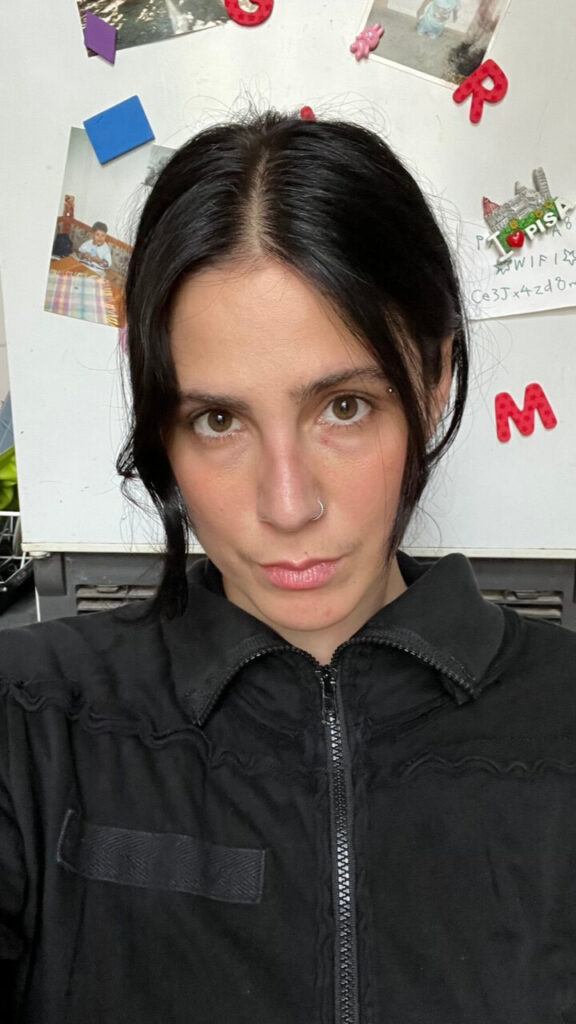
Almitra Pyritidis is an interdisciplinary artist based in Berlin. She uses body-based practices like movement research, dance, and performance to explore how sickness, memory, and identity – both personal and collective – intersect and shape our experiences.
Useful information
Date: Friday November 28, 2025
Time: 17:00–19:00 (EET / Athens) | 16:00–18:00 (CET / Berlin)
Duration: 2 hours with breaks
Location: Online (via Zoom)
Languages: spoken English, spoken Greek, and German Sign Language. Possibility of automated subtitle generation and translation.
Cost: Free (registration required)
ℹ️ Register here to receive the event link.
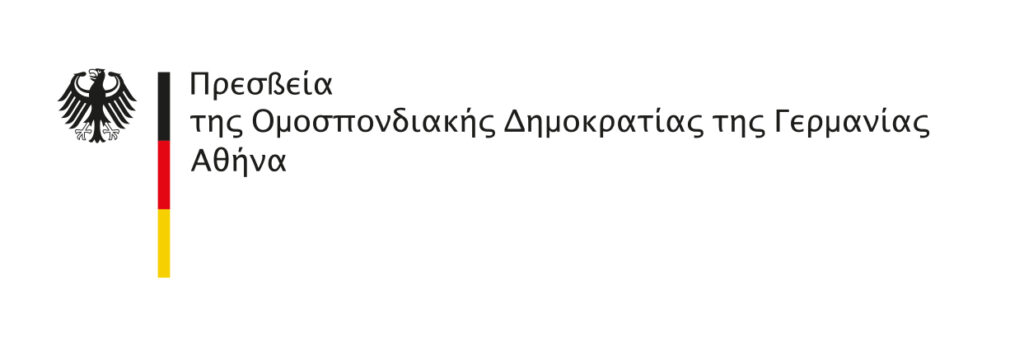
The project “Worthy to be Remembered Artistic Reflections on Memory and History” is an initiative of liminal, Berlinklusion and Simeio: Researching & Confronting the Far Right.
The project is co-financed by the German Federal Foreign Office through the German-Greek Future Fund.
About the poster: 1. Protesters lobbying for an “Equal Rights Proclamation” for disabled people at the U.S. Capitol in 1972. Among their demands were curb cuts at street corners and better access to public transit. The Americans with Disabilities Act mandated curb cuts in 1990.Photographer: Bettmann/Bettmann 2. Engraving by A. Tassos (Tassos Alevizos), inspired by the Blockade of the Hospitals on November 30, 1943.
